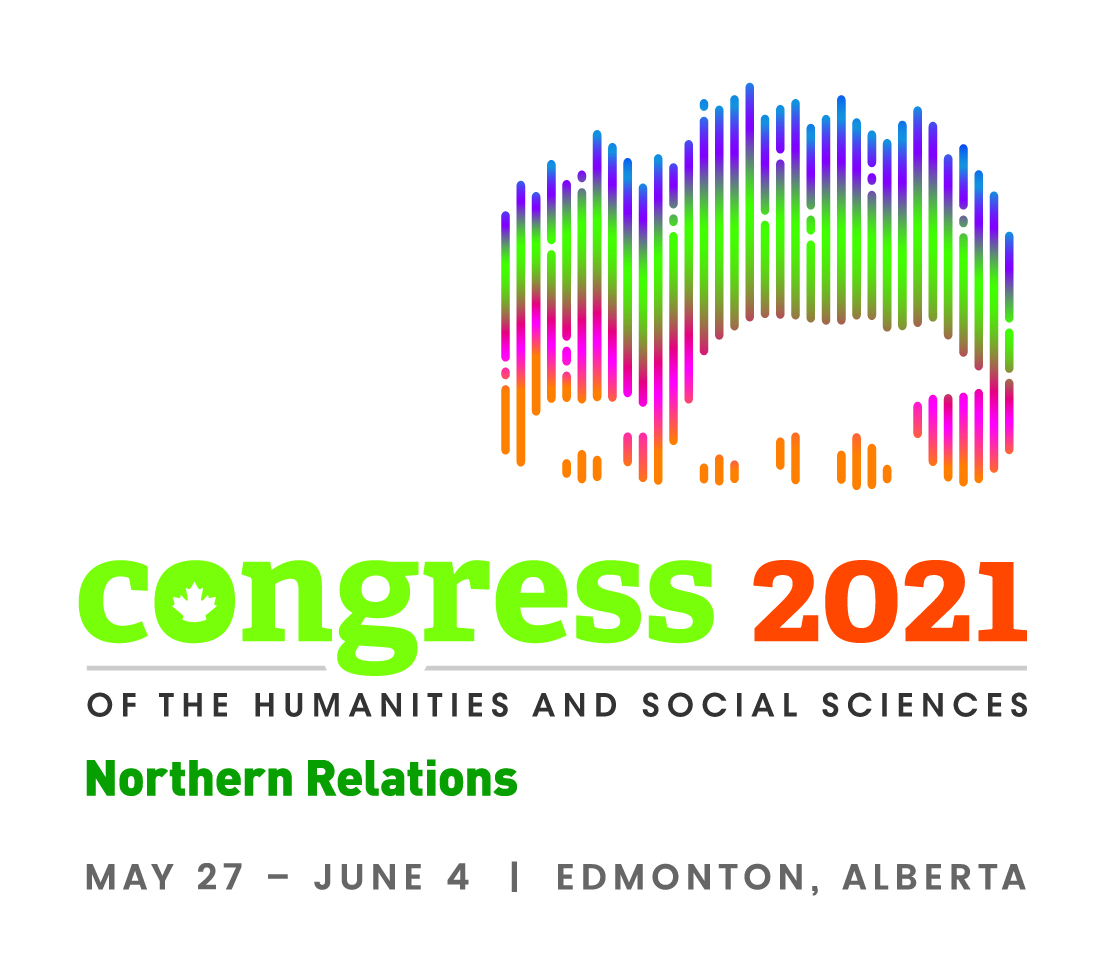Congress 2021 highlights graduate student research, offers unique opportunities
FGSR Staff - 25 May 2021

Graduate students will play an important part in this week’s Congress of the Humanities and Social Sciences — and we are helping to showcase their work.
As part of the online event, running from May 27 to June 4, FGSR has arranged to feature several on-demand Three-Minute Thesis videos. These focus on the conference theme of “Northern Relations” and other pressing issues.
We’re also partnering with the University of Alberta Library to provide an exhibit of curated Images of Research that speak to these themes.
“Students over the years have done such an outstanding job translating their research for public audiences,” said organizer Charity Slobod.
“The selection of 3MTs & IOR images uniquely highlight their positive research impact on the north, including its people, culture, and environment.”
All registered Congress attendees can access these open programming elements (the 3MT videos in the Open Events Auditorium, and the Images of Research in the Cultural Explorations Poster Hall).
Members of the community can obtain a community pass for just $25; see https://congress2021.ca/general-public. (Community members who self-identify as Black or Indigenous can access this pass for free.)
***
Congress also presents a number of exciting opportunities tailored specifically to grad students.
As convenor Michael O’Driscoll notes, “Two panels from the BGSA’s February conference on ‘The Black Student Experience in Academia’ are amongst the offerings in the Ubuntu Lounge, a gathering space for Black scholars and their allies.”
For its part, the Career Corner series invites emerging scholars to take part in a range of professional development workshops, including a pair of Arts Impact Workshops.
The first of these is entitled “So What? Who Cares?”; the second, “Now What? Who’s With Me?”
“Getting students to first understand the heart of their research — I call it their research-rudder — and its larger impact will help guide them to look at how to weave community engagement into their academic work,” said Slobod, who is facilitating the first workshop.
Prof. O’Driscoll says, “If they’re not already participating, this is an outstanding opportunity for University of Alberta grad students to see what Congress is all about. Do come join us and learn more about this annual venue for research dissemination, networking, and professionalization.”